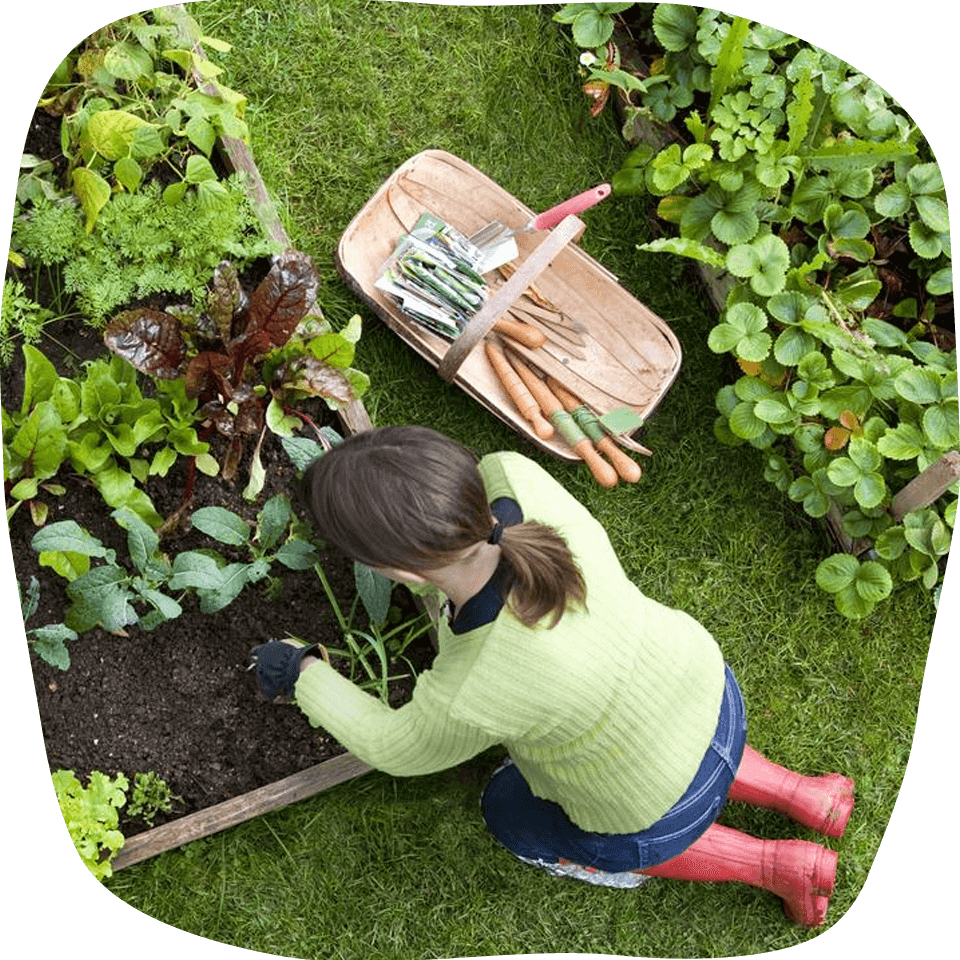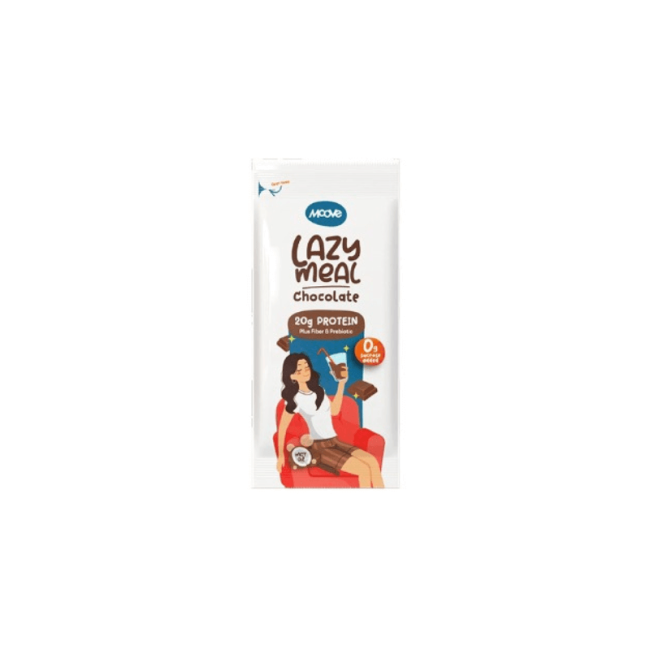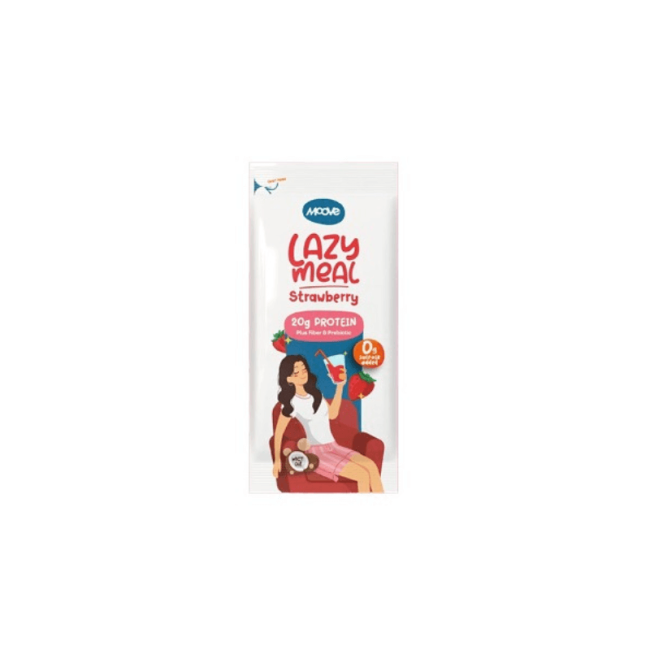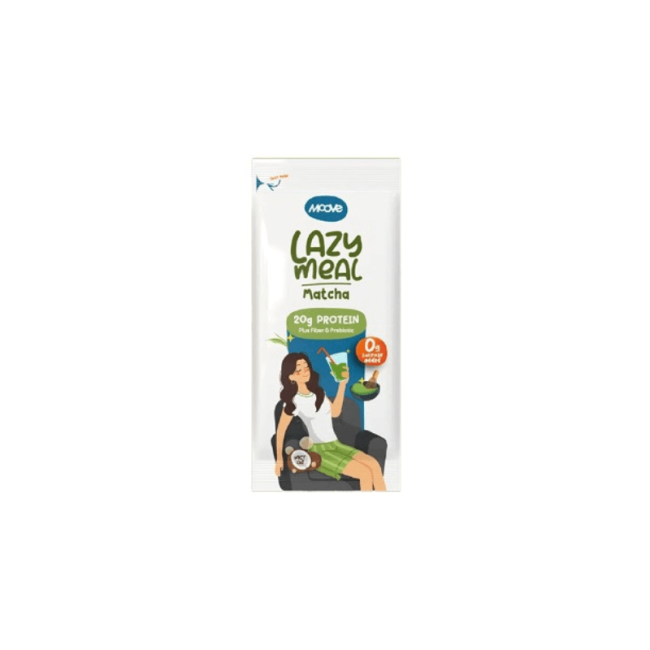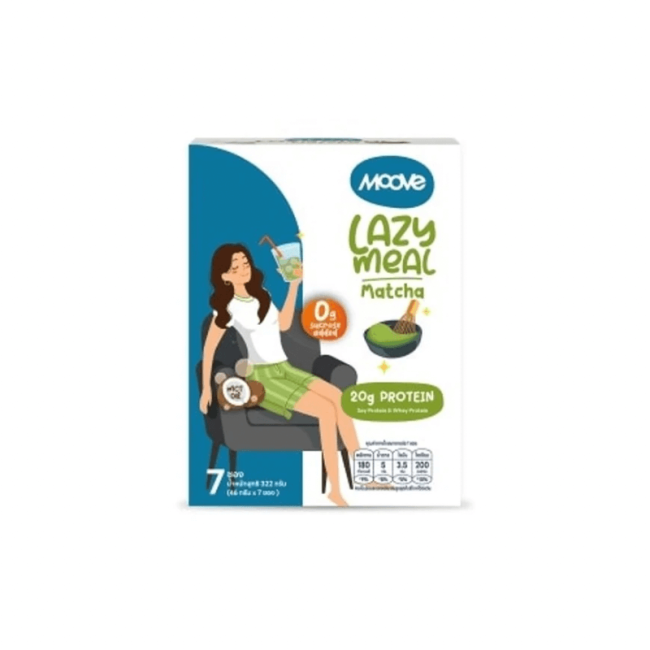Vegan garden: What is a vegan garden?
About 8% of people in Thailand did not eat meat. The number is expected to go up and hit 25% by 2025 as vegan food gains popularity.
Although the concept of a vegan garden aka veganic gardening is very much at a nascent stage now, it is an idea many eco conscious people who grow their own food are trying to understand. Traditionally, it was believed that it is impossible to grow your own food without using animal or livestock manure but many vegan gardeners are challenging this belief by growing vegetables without using any animal waste.
Definition of veganism:
According to THE VEGAN SOCIETY,
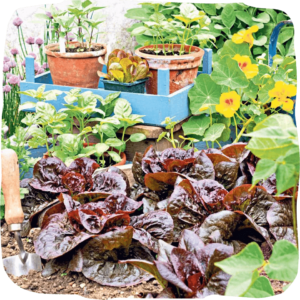
“Veganism is a philosophy and way of living which seeks to exclude—as far as is possible and practicable—all forms of exploitation of, and cruelty to, animals for food, clothing or any other purpose; and by extension, promotes the development and use of animal-free alternatives for the benefit of animals, humans and the environment. In dietary terms it denotes the practice of dispensing with all products derived wholly or partly from animals.”
There are many ways to embrace vegan living. One thing all vegans will have in common is a plant-based diet which is also known as vegan food. It basically means an animal free diet. It is based on avoiding all animal foods such as meat (including fish, shellfish and insects), dairy, eggs and honey and eating lots of organic vegetables.
To truly embrace vegan living, one has to go beyond a plant-based diet and avoid using animal-derived materials, products tested on animals and also avoid visiting or supporting places that use animals for entertainment. Most vegans also try to be sustainable so they follow a plant-based diet which is healthy and organic.
Although the vegan diet was defined early on in The Vegan Society’s beginnings in 1944, it was as late as 1949 before Leslie J Cross pointed out that the society lacked a definition of veganism. He suggested “the principle of the emancipation of animals from exploitation by man”.
This is later clarified as “to seek an end to the use of animals by man for food, commodities, work, hunting, vivisection, and by all other uses involving exploitation of animal life by man”.
What is a vegan garden?
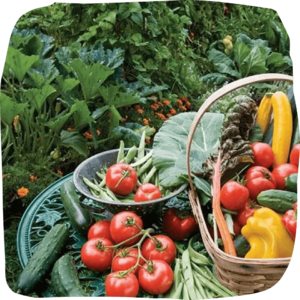
A vegan garden is an organic method of growing plants or food without the use of animal products. Vegan gardening will essentially promote plant growth and avoid the use of unnatural fertilizers and pesticides.
Vegan gardeners keep their garden free from animal products. Use of animal ingredients are common in gardening, from manure (usually animal waste) to fertilizer (which can include blood meal and bone meal), as well pesticides that harm beneficial insects.
A vegan garden is free from any form of animal ingredients or animal waste. There is no single way to embrace vegan gardening but a vegan gardener will make decisions that are plant-and animal-friendly.
Even if you live in a busy city and don’t have enough space at home, you can try growing some plants on your balcony using the veganic garden methods.
Grow your own vegan garden
If you’re embracing a plant-based diet, growing your own vegetables can save you lots of money, it can help you eat a healthy organic diet plus cut your carbon footprint. There are many ways you can experiment with growing food in your vegan garden at home. Using kitchen waste as compost will be an easy way to begin.
Compost is an important soil amendment made of decomposed plant matter including food scraps. You can make it in your backyard or balcony.
With the right recipe, your compost heap will not omit bad odors, will lighten the load (and cost) of your trash, and will greatly reduce greenhouse gas emissions from landfills. Compost is filled with nutritional benefits. Adding kitchen waste compost is a good way to ensure your soil is filled with healthy nutritional benefits.
Adding compost to soil helps to restore the organic matter content allowing for greater moisture and nutrient retention and providing necessary food for essential microorganisms that live in healthy soil.
If you get enough sunlight on your balcony, you can try growing pumpkins, lime, oranges, broad beans etc. Growing your own plants will help you transition to a plant-based diet easily and you can become the star of your friends group by gifting them fruits and vegetables from your vegan garden.
Start experimenting with one plant and slowly and gradually try and grow more plants. Salad leaves, herbs and tomatoes grow well in boxes on balconies and patios. If you lack square meters, a lean-to greenhouse is an ideal space-saving option to grow your own vegan garden.
Vegan Garden: Companion planting
Companion planting is an easy practice where you grow complementary plants side by side so that one plant helps another or affects the way it grows. It enables you to get the best results using the power of nature and, importantly, no harsh chemicals. Harsh chemicals as the name suggests are filled with chemicals which reduce nutritional value of food so it is best to avoid them.
The mutually beneficial relationship between the plants helps to repel pests, improve pollination and provide nutrients. For example, lettuces, radishes and other quick-growing plants sown between hills of melons or squash will mature and be harvested long before the vines need more room. Leafy greens such as spinach grow well in the shadow of corn.
Growing members of the same “family” close together increases competition for soil nutrients so disperse onions, chives, leeks and garlic across your plot.’
Vegan Garden : DIY compost for your vegan garden
A vegan gardener will avoid shop-bought composts and fertilizers which often contain animal products such as blood, fish and bone, which is taken straight from the slaughterhouse floor. Instead, you should produce your own nutrient-rich organic soil with a compost bin placed in the warmest corner of your garden, using kitchen scraps and nitrogen-filled green waste.
You can buy compost bins in every big city. City living is not restrictive to being sustainable, it is possible to embrace sustainability in a big city too.
If you live in Bangkok, there are many places which will teach you how to make your own compost from kitchen waste. It is simple and easy to create your own compost and it is one of the best practices to reduce kitchen waste and minimize your carbon footprint from food.
A vegan compost some gardeners have found good results with is menstrual blood. I know what you are thinking, it is not as gross as it sounds. If you use a menstrual cup, empty the blood and add 10 times the amount of water to it and you can use it directly on your plants.
All about plant growth
Menstrual blood contains three electrolyte nutrients that are important to both human and plant metabolism: nitrogen, phosphorus, and potassium—the very same combo you’ll find in store-bought fertilizer.
Put simply, nitrogen promotes plant growth. It’s the star of the show and makes your plant bushy, leafy, and promotes growth! Nitrogen is part of every protein in the plant, so it’s required for virtually every process—from growing new leaves to defending against pests.
Phosphorus is responsible for transferring energy from one point to another in the plant. Energy from the stem can be transferred to the tips of the leaves with the help of phosphorus! It’s also critical for plants in root development and flowering.
Potassium helps regulate plant metabolism and affects water inside and outside of plant cells. It is important for good root development and for these reasons, potassium is critical to plant stress tolerance!
Vegan garden: You don’t have to kill animals to create a plant
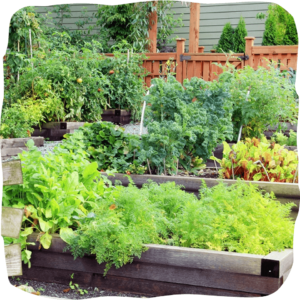
Matthew Appleby, garden journalist and author of The Super Organic Gardener, told The Telegraph: ‘The lexicon of the gardener is of bugs, pests, invaders, and the gardener’s psyche is to control nature in order to keep down the wildlife that threatens production. I’d say, make your garden the opposite to this – hedges, long grass, wild areas, diversity, be chemical-free, cover cropped, no dig and use organic matter. The garden should be left alone, with plenty of nesting places. If you have to kill an animal to grow a plant, sacrifice the plant.
Get More on Your Vegan Menu by Ordering Cannabis Products
As you work on going vegan by planting organic crops, there is one more thing that you can do to supplement it: order cannabis products. These crops are grown by farmers committed to organic farming, implying that you are sure of getting chemical free products.
At Organic Village, cannabis products are all made using high-quality cannabis. That is not all. The products are also prepared with special focus on quality. Since the legalization of cannabis in Thailand, the doors have flung open and you can now order and enjoy all the benefits of sativa or indica cannabis strains.
Must read book on veganic gardening:
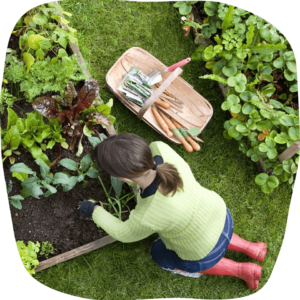
A must read book for anyone who wants to try their own veganic garden is “Veganic gardening – The Alternative System for Healthier Crops” by O’BRIEN, KENNETH DALZIEL. Anyone interested in veganic gardening should add it to their must read list. It is a small book but has all the necessary information
Research is showing that plant-based diets are on the rise after the pandemic. More people are showing an interest in foods that are organic and pesticide-free.
Are you ready to start your own vegan garden and become a star at creating plant-based recipes straight from your garden?

